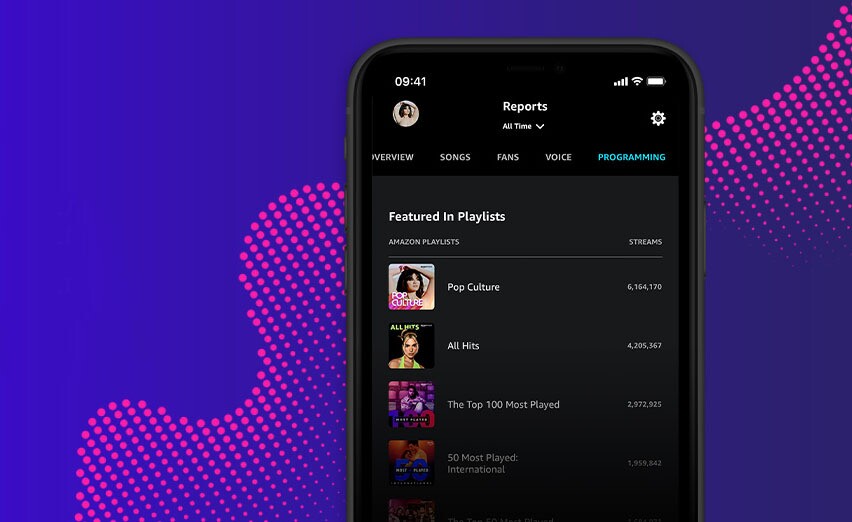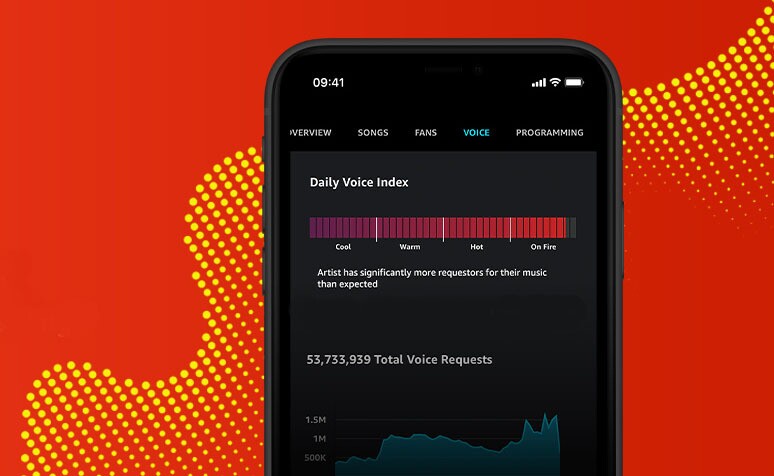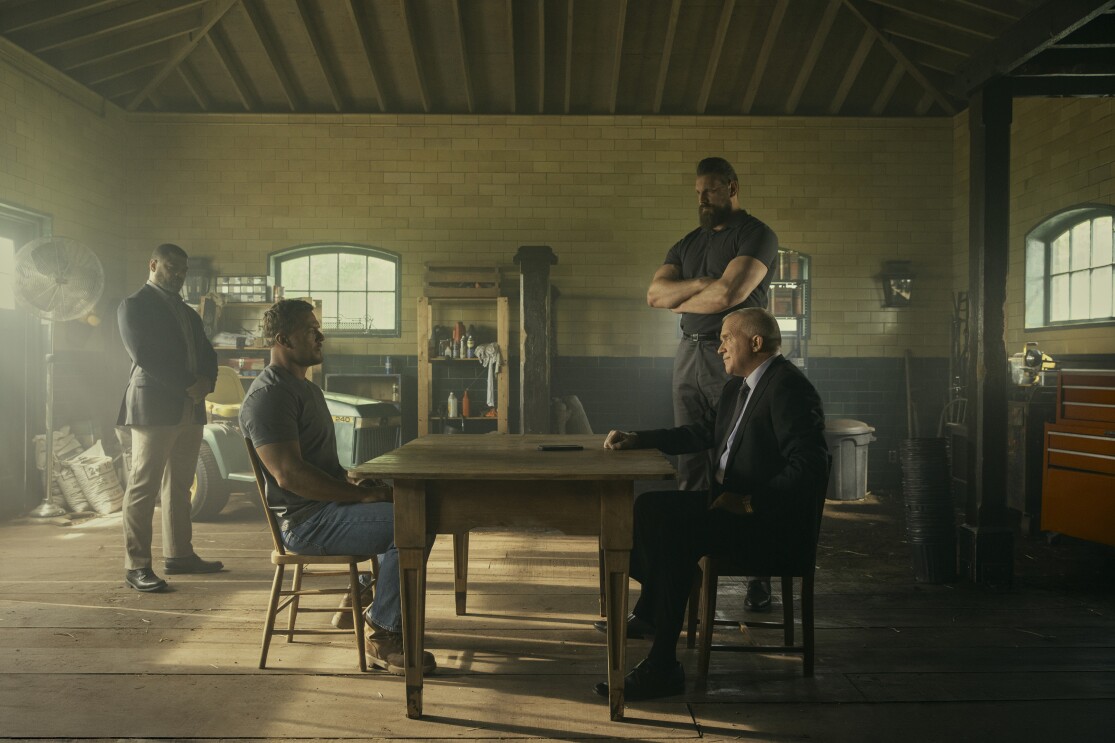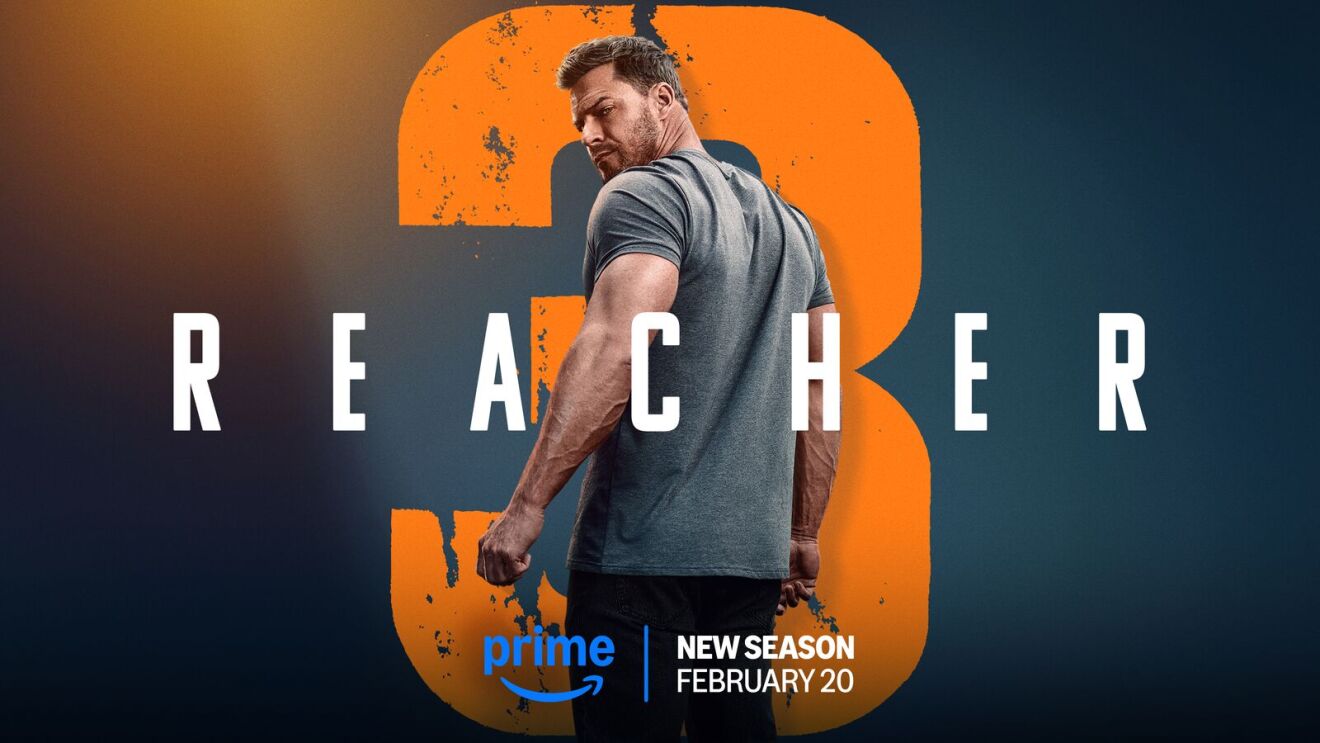Do you pride yourself on supporting up-and-coming artists before they get big? Is “insatiable” the best way to describe your appetite for new music? If so, Katie (Schlosser) Vitolins might just have your dream job. Recently promoted to head of Amazon Music for Artists, she guides the strategy for a service with a mission to streamline opportunities for artists across Amazon, supporting all stages of their careers.
“Artists want to take their careers to the next level, but the industry is always changing. It’s full of unknowns, and there are often other people deciding the fate of their careers for them,” said Vitolins. “Providing the tools for artists to take control of their businesses and make things happen for themselves is exciting to me. We are uniquely positioned to deliver many next-level opportunities for artists beyond music. I love that the work I do puts artists in an empowered position to define their own careers and their own journeys.”

Since its launch in 2020, Amazon Music for Artists has proven to be a valuable resource for artists, and Vitolins and her team continue to add more features and utility as the music industry evolves.
We met with Vitolins to learn more about her work, her career, and how her team supports fans and artists on Amazon Music. Keep reading to learn more about her real (cool) job at Amazon.
How would you describe your role?
As head of Amazon Music for Artists, a big part of the job is helping my team clearly define and align on the overarching vision for our products and services, and ensure that we’re delivering value for our artist and industry partners. Maintaining a healthy and high-performing team is another important role for any manager, as is creating strong lines of communication and collaboration with artists and their teams.
Have you had the opportunity to work with any of your favorite artists?
I’ve spent the last 20 years of my career working in the music industry, and have had the privilege to work closely with some of my personal favorite artists, as well as big-name, established artists. My first job at Amazon Music was in Original Content and Artist Relations, where I had the opportunity to produce interviews with artists like Chris Martin (Coldplay), Chris Stapleton, Elton John, and U2. It’s always a humbling experience to spend time with an artist and hear the stories and processes behind their work.
How did Amazon Music for Artists come about?
We formed a dedicated team to work backwards from the artist as the primary customer. We believe that if we do right by artists, listen to their needs, and invent and simplify on their behalf, we're ultimately going to deliver better fan-facing experiences. As we spoke with artists and other industry professionals, one of their biggest asks was to get access to data and insights that could help them better understand their businesses across Amazon Music. So that was our starting point. Two years in, we’re focused on making Amazon Music for Artists the “one-stop shop” for managing all aspects of an artist’s business with Amazon. There’s so much opportunity in front of us.
How does Amazon Music for Artists support up-and-coming creators?
As a starting point, Amazon Music for Artists offers data and insights to help budding artists understand how and where their music is being listened to. We also have features to help them make their work more visible. For example, last October we launched a tool that enables artists to pitch music to be included on curated playlists on Amazon Music. It allows artists to mark certain tracks as a priority to be considered for opportunities across Amazon Music. We ask for metadata like where the artist is from, what genres and moods match their music, similar artists, and info on their promotional plans, so we can ensure the music is surfaced in the right contexts for our customers.
 Programming insights show artists where their songs are streaming across thousands of curated playlists and stations on Amazon Music.
Programming insights show artists where their songs are streaming across thousands of curated playlists and stations on Amazon Music.Your team recently launched a new feature called Spotlight. What does it do and why is it exciting for artists and fans?
Being able to engage meaningfully with fans is a necessity for artists. Spotlight is a feature that allows artists to share music alongside a personal voice message with listeners on Amazon Music and Alexa. This tool gives artists the opportunity to give fans context behind the music, talk about the creation process, or share a special memory from their careers. Of course, artists are also using Spotlight as a promotional tool to share details about tour dates, livestreams, and other events they have coming up. Some established artists are even supporting emerging creators by turning their fans on to their music through Spotlight. It’s been fun watching how creative artists are getting with it.
What is your favorite part of your job?
I love the cross-functional nature of my role at Amazon Music. We work with a lot of very talented people, from engineers and product managers to industry relations, research, brand/creative, and more to bring our ideas to life. Creativity and innovation are group processes, and each person brings their own unique knowledge and skills to the table to deliver on behalf of our artist customers.
What are some of the features that make Amazon Music for Artists unique?
Well, Alexa’s voice technology presents new opportunities for artists to promote themselves and engage fans. So, we wanted to give artists the ability to see what voice requests listeners are making for their music. In Amazon Music for Artists, we track requests for an artist by name, album, song, and even lyrics (i.e., “Alexa, play the song that goes….”). We also take this a step further and provide a benchmarking tool called the Daily Voice Index which shows how an artist is performing in terms of requests relative to artists of similarly sized audiences. Then there’s the fact that the data within Amazon Music for Artists updates in near real-time. Artists love monitoring this. It’s such a dopamine hit to be able to refresh the app and see your stats increase.
 Daily Voice Index shows artists how they're trending on Alexa with voice reporting.
Daily Voice Index shows artists how they're trending on Alexa with voice reporting. Amazon Music for Artists has also partnered with Twitch to pull artists’ channel livestreams into the Amazon Music app. Even with touring on the rebound, livestreams continue to be an exciting part of an artist’s marketing strategy. They’re effectively a venue with limitless capacity, allowing artists to connect with fans who wouldn’t otherwise make it to a show. Moreover, they give artists a path to generate meaningful income via tipping and ecommerce integrations.
When did you first know you wanted to work in the music industry?
I always knew my path was in music. My father wanted me to go into the Army and get my tuition underwritten by the federal government, so I’m glad my parents took a leap of faith on me with this career path. When it came time for college, I applied to three schools with music programs—Oberlin, Berklee, and SUNY—and I chose Berklee. I’ve somehow found myself in this role where I can make an outsized impact on artists, and that’s exactly where I want to be. A lot of Berklee friends have gone on to be professional recording artists—Grammy Award-winners—which is such an outstanding achievement. The performance angle of a music career wasn't for me. I'm interested more in the business and the study of music in social and cultural contexts.
Your career has included roles at several major companies in the music industry. What brought you to Amazon Music?
I was working for another major music streaming service at the time Amazon Music had just launched its Unlimited tier and the industry was trying to wrap its head around voice technology. I was very interested in the challenge of solving for music discovery on a platform with no visual interface (this was before we started making Echo Shows). It reminded me a lot of when music streaming was just a search bar and maybe 10 recommended albums surfaced to customers. You really had to know what you wanted to listen to. I thought to myself, “How in the world can Amazon Music make it easy for music lovers to explore the catalog and discover new music?” Solving that problem made me very interested in coming to Amazon Music. I've had the opportunity to play a small role in inventing and simplifying on behalf of our customers in this area, including our new Spotlight feature I talked about earlier.
What advice do you have for others who aspire to a career like yours?
Stay curious. Technology and digital media are constantly changing. An ability to adapt to those changes is essential. Artists use these same principles in their sonic evolution and exploration, and music businesses need to be nimble, too. To anyone who wants a career in music, I encourage you/them to stay open to learning and watch for emerging trends and new channels for distribution, promotion, and monetization.
If you enjoyed learning about Katie (Schlosser) Vitolins' work at Amazon, read more articles from this series. For more information about opportunities at the company, visit Amazon.jobs.
Trending news and stories












